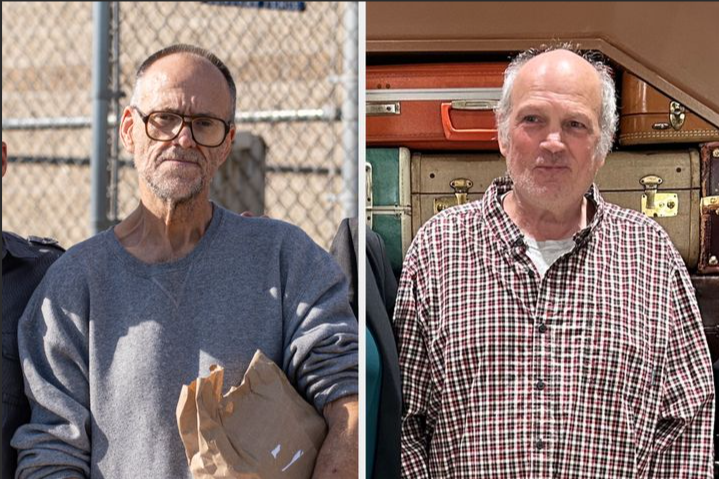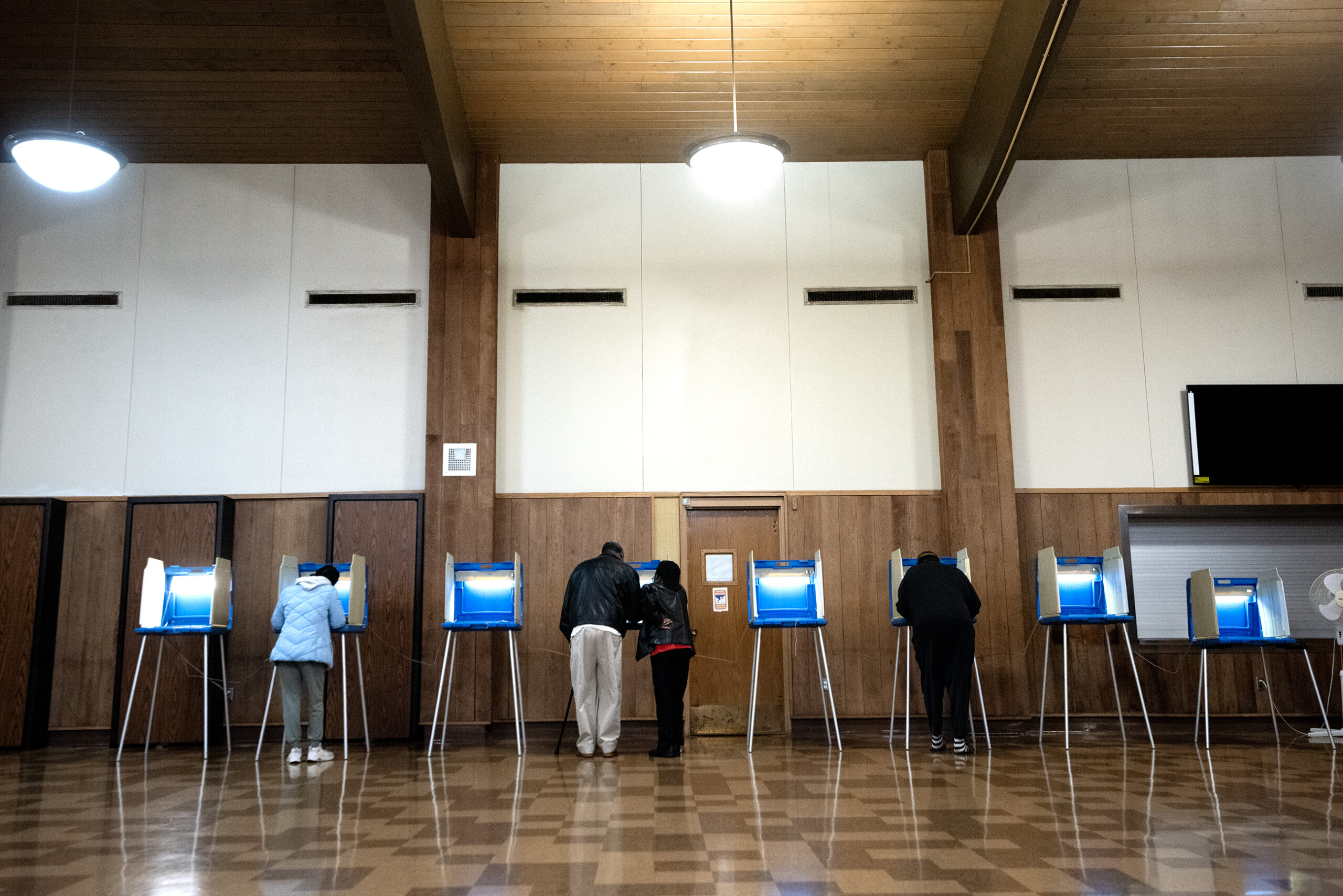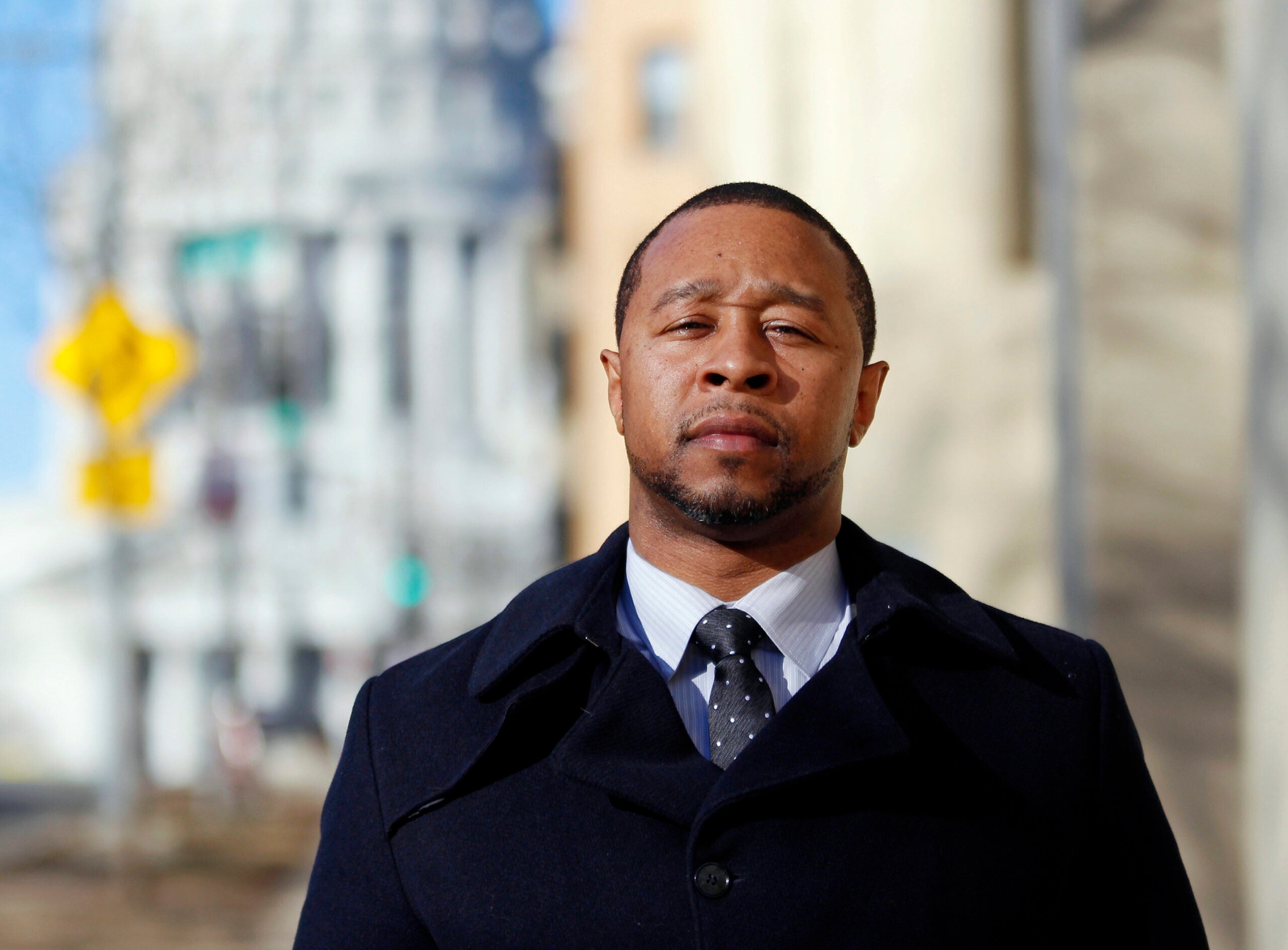State payouts for the wrongly convicted are set to go up from $5,000 to up to $25,000 a year. Our guest explains the push behind this change, and how it will affect future cases. We also learn about an effort to improve tech literacy in Wisconsin, and we talk to a Milwaukee Journal Sentinel reporter about Tuesday’s primary election results. And we check in with WPR reporter Chuck Quirmbach about a bus tour he observed Wednesday focusing on the proposal to divert water from Lake Michigan to be used in Waukesha.
Featured in this Show
-
Journalist: Wisconsin Among Nation's Worst In Compensating Wrongfully Convicted
Wisconsin is one of the worst states in the nation and lags federal standards for compensating those who have been wrongfully convicted and served time behind bars before being exonerated, according to an investigative journalist.
“Wisconsin exonerees are entitled to only a fraction of the amount of what federal levels require,” said Shereen Siewert, who previously reported on the issue for the Gannett Wisconsin Media’s investigative team.
In 2004, Congress proposed a standard compensation recommendation of $50,000 a year for every year spent behind bars. Exonerees on death row are rewarded $100,000 for each year locked up.
That’s in stark contrast to the compensation caps here in Wisconsin, said Siewert, who now serves as the news editor of The City Pages in Wausau. In fact, she said, Wisconsin hasn’t changed the compensation rate since the late 1980s.
“In Wisconsin, compensation is kept at $5,000 a year for up to five years. So, the most they can get is $25,000. So it’s very, very small,” she said.
According to Siewert’s investigation, 43 people have been exonerated in Wisconsin over the past 26 years. Together, those who were wrongfully convicted have spent well over 300 years behind bars.
Exonerees here in Wisconsin face other hurdles too, said Siewert, including a much larger burden of proof before being compensated.
“In Wisconsin, defendants have to prove their innocence by clear and convincing evidence,” she said. “And that’s usually something like DNA, something that is very clear. But that’s not really one of the main causes of wrongful convictions.”
The more common culprits of wrongful convictions include eyewitness misidentification, improper forensic science, false confessions and false informant testimony.
But changes could be coming soon. The state Assembly unanimously passed a bill last week that increases payments and provides additional services for people who were convicted of crimes that they didn’t commit.
The bill would raise compensation levels to the federal standards. Siewert said it would allow for a “lesser standard” of proof, relying more on the preponderance of evidence. Moreover, the bill would also provide a variety of post-conviction services
“People who commit crimes and get out of prison are entitled to job training, they get health care, they get other services that help them transition into the community,” said Siewert. “But people who are innocent don’t get any of that. So these people spend years in prison for a crime they didn’t commit, then they get out, and they don’t even get the same services as somebody who is guilty.”
She added, “It’s just incredibly difficult for these people to get on with their lives. They have missed so many years of working. They have this gap in their employment that their going to have to explain to everyone. And they often come into a world that’s incredibly different from the one they left.”
The Senate sent the bill back Wednesday to the Joint Finance Committee. Siewert said the move surprised her, but that it doesn’t mean the bill is dead. Instead, she said, it will just take a little more time before it’s likely passed and lawmakers may make a few tweaks from the original bill proposed back in October.
-
Assembly Passes Bill to Raise Compensation for Wrongfully Convicted
The Wisconsin State Assembly passed a bipartisan bill last week that increases payments for people that were convicted of crimes that they didn’t commit. The bill passed unanimously in the Assembly and offers other forms of compensation for exonerees – including sealing records related to the conviction, which some say could pose problems for open records.
-
Developing Programs To Make Learning Technology More Accessible
Computers and smartphones have become an integral part of peoples’ lives, but not everyone has the best grasp on how to use technology. On Central Time, we talk about programs being developed that help people learn how to use tech.
-
The Winners And Losers From Tuesday's Primary Election In Wisconsin
Tuesday was primary election day in Wisconsin. Voters weighed in on the Wisconsin Supreme Court Justice primary and several other county-wide races. We talk to a reporter from the Milwaukee Journal Sentinel about the results of these races. We also check in with WPR reporter Chuck Quirmbach, who observed a bus tour Wednesday that was taking an on-the-ground look at the proposal to divert water from Lake Michigan.
Episode Credits
- Rob Ferrett Host
- Veronica Rueckert Host
- Haleema Shah Producer
- J. Carlisle Larsen Producer
- Amanda Magnus Producer
- Shereen Siewert Guest
- Bonnie Tomlin Guest
- Chuck Quirmbach Guest
- Daniel Bice Guest
Wisconsin Public Radio, © Copyright 2025, Board of Regents of the University of Wisconsin System and Wisconsin Educational Communications Board.




